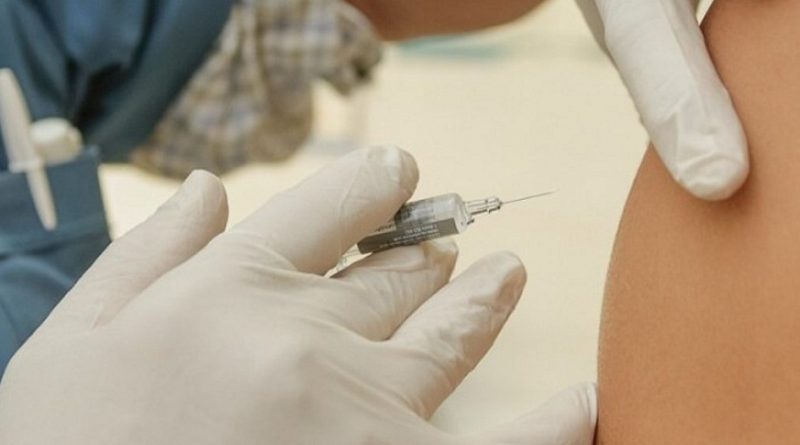Canada to Take Vaccines from COVAX
Lauren-Marie Diawatan
Staff Writer
Canada is defending its decision to accept coronavirus vaccines from COVAX, a program developed to help low- and middle- income countries with the vaccination process. According to The Washington Post, Deputy Prime Minister Chrystia Freeland stated that the Canadian government “will never apologize” for doing what they can to vaccinate Canadians alongside the rest of the world.
BBC News explains that Canada is the only member of the G7, a group of some of the world’s most advanced economies, to receive vaccines from the COVAX initiative. According to Canadian government data, 2.43 percent of the general population and 55.35 percent of health care workers in the country have received at least their initial dose.
According to the Associated Press, Pfizer and Moderna have both reduced the number of doses to be sent to the country. However, Prime Minister Justin Trudeau still states they are “very much on track,” with their distribution plan, expecting to receive 4 million doses from Pfizer and 2 million from Moderna by the end of next month. Canada is not domestically producing any COVID-19 vaccines and has signed contracts with seven vaccine makers. The country plans to import ten vaccines per citizen, with an overall population of 37 million. BBC News furthers that individual Canadian provinces are now taking the initiative to acquire the vaccines themselves, with Manitoba announcing a plan to buy 2 million doses of a vaccine candidate and Alberta planning to independently seek out vaccines.
COVAX was developed to organize and aid poorer countries in purchasing in the vaccine race, reports Euronews. The program will cover the vaccinations of 3.3 percent of the total population, including countries financing the vaccine, such as New Zealand and Canada, and those receiving them through donations, such as Syria and Yemen. The World Health Organization (WHO) reported earlier this month that 90 percent of vaccines distributed worldwide thus far have been supplied to wealthy countries. BBC News reports that COVAX, involving the Gavi vaccines alliance, the WHO, and the Coalition for Epidemic Preparedness Innovations, has made multiple advance purchase agreements for hundreds of doses of potential vaccines. AstraZeneca is one of the pharmaceutical companies partnered with COVAX, while discussions with Pfizer and Moderna are ongoing. Through COVAX, Canada is expected to receive about 1.9 million doses of the AstraZeneca vaccine by the end of June, in addition to the 20 million doses the country ordered directly from the company, continues the Associated Press.
Nelson Wiseman, a political science professor at the University of Toronto, explained that Trudeau was caught off guard by companies that promised more doses than they provided. He says that though the prime minister’s poll numbers are currently down, the public pressure will relax if millions more doses arrive in upcoming March and April. Meanwhile, CBC News reports opposing party leaders criticizing Trudeau’s rollout process. Green Party Leader Annamarie Paul called receiving COVAX vaccines “the wrong decision,” calling on the government to repeal their decision or compensate for the vaccines taken from the initiative for the protection of the country’s international neighbors. Conservative Leader Erin O’Toole stated that Canada “should not be drawing away from poorer countries” and should be capable of vaccine production themselves.
The Guardian reports that most low-income countries would not have steady vaccination resources until at least 2024, while wealthier countries would be nearing full vaccination by then. Ronald Labonte, former Canada research chair in health equity and globalization at the University of Ottawa said he would “criticize Canada for [engaging] in vaccine nationalism,” but such behavior was exhibited by all countries. He believes that the world has “moved from vaccine nationalism to a vaccine race.”
BBC News writes that human rights groups and charities, such as Amnesty International and Oxfam respectively, state that more progress is necessary in making vaccines accessible worldwide. Oxfam health policy adviser Anna Marriott states that “no single company can supply enough” and unless global supplies significantly increase, rich countries will always be “competing with poor countries and they will always win.”


